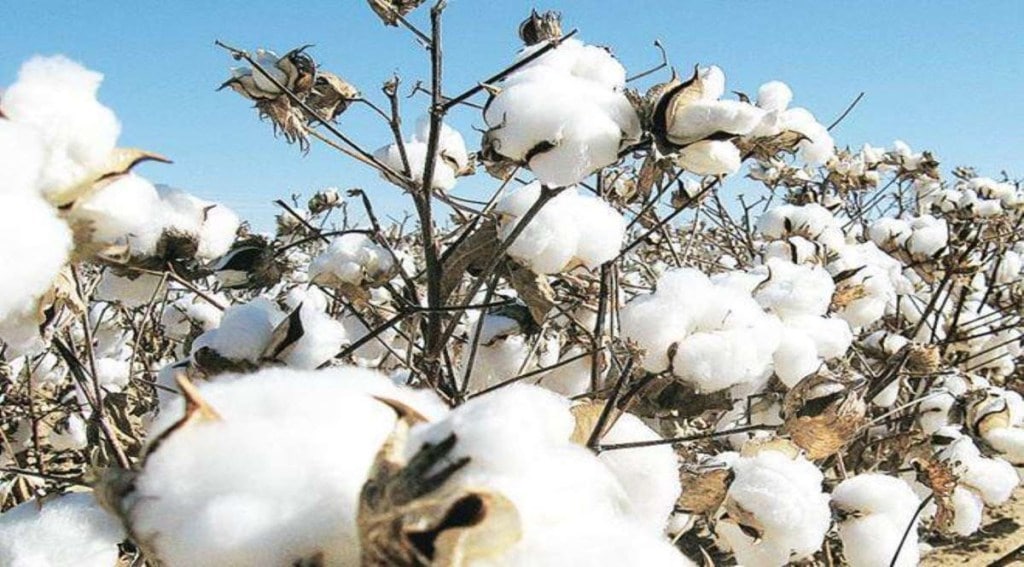The government on Wednesday removed a 5% basic customs duty on cotton imports to shore up domestic supplies of the fibre, an acute shortage of which has badly hit the country’s textiles-and-clothing value chain.
Prior to the move, cotton imports in India were effectively taxed at 11% (including agriculture infrastructure development cess and surcharges). With the latest notification by the revenue department, the cess and the surcharges will also cease to exist, which will allow the import of cotton at zero duty.
Prices of the commonly used cotton variety have more than doubled to breach the Rs 90,000-mark per candy of 356 kg since February 2021 when an import duty was raised. Local cotton prices have also exceeded global rates by as much as Rs 1,500-2,000 per quintal.
As FE has reported this week, scores of export orders have either been cancelled by western buyers or been diverted to India’s competitors like Bangladesh, Vietnam, China and Pakistan in recent months after the steady spurt in cotton prices forced domestic players to try and renegotiate deals.
Cashing in on a resurgence of demand from advanced economies, India had shipped out textiles, garments and allied products worth almost $40 billion in FY22, up 67% from a year before (albeit aided by a lower base). In a meeting with commerce and textile minister Piyush Goyal on April 4, a delegation of top executives of various bodies representing the textiles and garment sector sought an abolition of import duty on cotton to tide over the acute raw material shortage.
India’s competitors Vietnam and Bangladesh allow their industries to buy the fibre from abroad at zero duty. This had offered them substantial advantage in raw material costs, in addition to their duty-free access to critical markets like the US and the EU, a privilege that New Delhi doesn’t enjoy.
They stressed that allowing cotton imports at zero duty is unlikely to hurt Indian cotton farmers, as they have already sold this season’s produce to traders, who, in turn, are allegedly holding on to stocks to profit from an artificial shortage in the market. In any case, such imports are unlikely to cross 4 million bales of 170 kg each.

